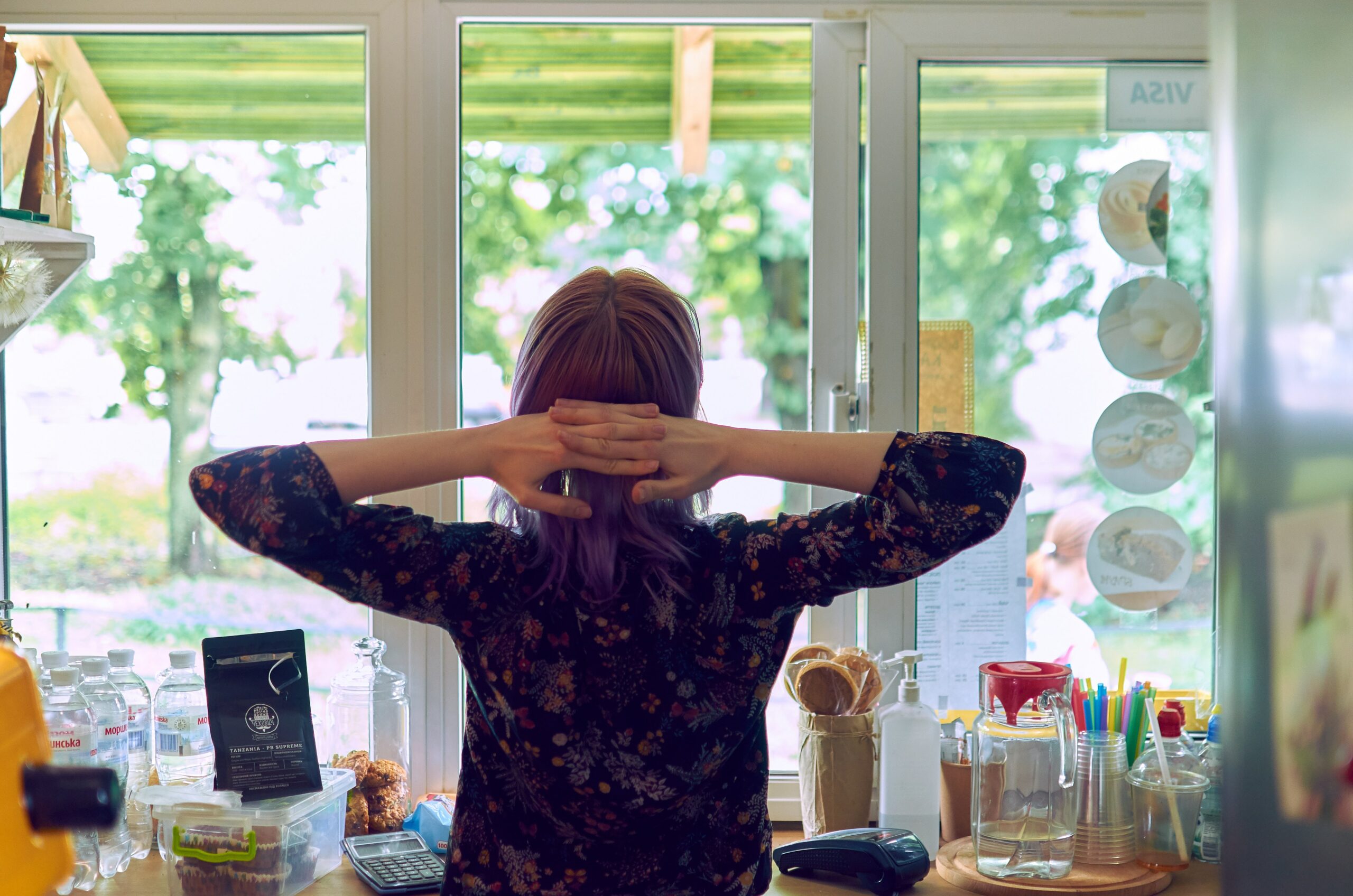A
A
A
We all know by now that it’s critical to safeguard your well-being when protecting yourself against a pandemic, such as COVID-19. Yet, despite the preparations and hand-washing and social distancing, it is as crucial as ever to remember to take care of your mental health, too. People who already have concerns over depression and anxiety may be even more susceptible to the effects of isolation or quarantine. There are services available to help you not only stay physically healthy but moreover emotionally healthy, as well.
If you don’t do well with separation from other people, it’s vital to have a sounding board and support from friends or family. While staying physically in touch may not be a great idea at the moment, remember to utilize tools such as Facetime and Skype. Knowing your security net is still in place no matter where you are sheltered can make a world of difference when you experience loneliness. Depression is certainly a risk for those who thrive surrounded by a crowd. Humans are social creatures by nature, so consequently, the thought of weeks of isolation can overwhelm people who don’t do well alone. If you are feeling stressed, reach out to hear the voice of someone you trust and share your fears and frustrations.
Read More »
There are more professional services available, as well, for those in need of more intensive treatments during this crisis. Therapists are available through the use of mental health applications like Crisis Text Line and Talkspace, or more meditative apps, including Shine and Headspace. If you’re feeling vulnerable about this situation, these are modern methods of contacting people who care and can help you work out your feelings during times of high anxiety. While no app can fully replace traditional therapy and psychological treatment, these are little ways to help combat the natural reaction many have to an unnatural situation. While some may do well on their own, not everyone is equipped to adjust to sudden life disruptions, therefore these applications can lend an ear, offer tips and encouragement, and just be a sounding board for the pent up frustrations. Don’t let a situation beyond your control take over your mind. Remember, help is available if you aren’t able to handle your emotions on your own.
For others, being stuck inside with family members whom you may not particularly get along with is another sticky situation. While you’re obviously keeping physically distant, keeping company with people you clash with can make this time of staying home nearly unbearable. While you may not be able to jump into a car and remove yourself, there are ways to separate yourself, at least mentally, from your housemates, be they spouse, parents, friends, or children. Pop in some earbuds or put on headphones and play your favorite tunes or listen to an audiobook. There are services to provide aural entertainment as a method of temporary escape. If you prefer, pull out a new or favorite old-fashioned book and make your way through a story outside yourself. Now can be a great time to do things you wouldn’t normally have time to do. All of these activities provide a wonderful boost to your self-worth when you’re in a situation not of your choosing. These are times when falling into a sense of sadness or loneliness is not an uncommon occurrence, thus it is all that much more vital not to neglect your mental peace of mind, no matter how long it’s advised to shelter in place.
Other tips to take care of yourself during COVID-19 involve staying physically active. Exercise helps increase the levels of feel-good hormones within the body, like endorphins. Moreover, staying active improves the body’s immune response, which in turn helps keep you physically healthy. There is no 100% foolproof, guaranteed method to prevent infection, but staying in shape makes your likelihood of keeping physically healthy much higher. And those hormones? They’re good for the sanity of your mind, as well! Even if you cannot get outdoors to work out, it’s fairly simple to stay moving indoors, even without expensive equipment. Any movement that raises the heart rate counts as exercise. Try jumping jacks, jogging in place, and if your yard permits, speed walk your home’s property boundaries. Even vacuuming, sweeping, mowing grass, and other household chores can count. Whatever you choose to do, remember that all of these things work together to prevent this pandemic from being detrimental to your personal well-being, body, spirit, and mind.






